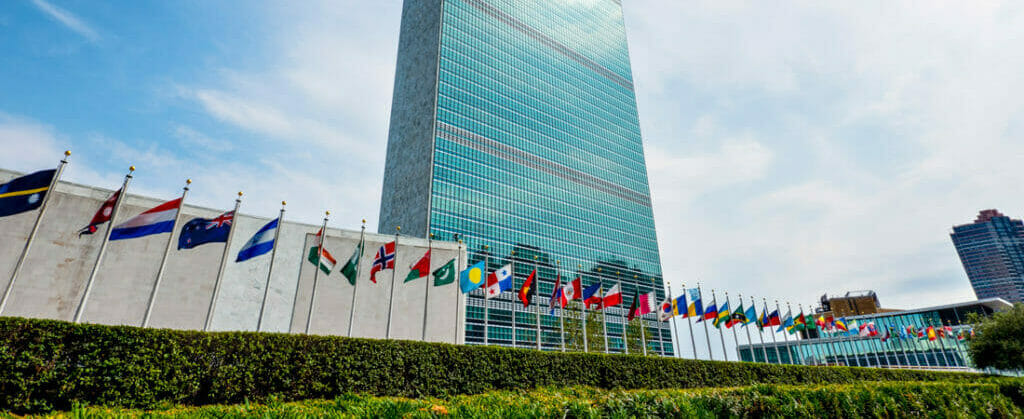As the world gears up for the 20th anniversary of the Responsibility to Protect (R2P), the fight against the horrors of the 20th century, which once haunted the international community, continues in different forms. Atrocities like the Rwandan genocide and the Srebrenica massacre exposed the limitations of the international legal frameworks of that time. In response, the World Summit Outcome Document (A/60/L.1) in 2005 gave birth to the principle of R2P. Since then, the Responsibility to Protect has played a pivotal role in contemporary geopolitics by establishing a shared responsibility among Member States to prevent the occurrence of mass atrocities such as genocide, war crimes, ethnic cleansing, and crimes against humanity.
The Responsibility to Protect rests upon three pillars of equal standing, revolving around the responsibilities of individual States as well as the international community as a whole. To promote these noble principles, the General Assembly holds an annual discussion on R2P, while the Reports of the Secretary-General provide a roadmap for detailed discourse on the subject, highlighting areas requiring further deliberation. The UN Office on Genocide Prevention and the Responsibility to Protect acts as a valuable tool for identifying situations at risk of potential escalation. Additionally, the UN Department of Political and Peacebuilding Affairs deploys Special Representatives and Envoys to facilitate dialogue between conflicting parties and assist in upholding the principles of cooperative negotiations.
The international community, however, grapples with critical issues hindering the effective implementation of this principle. Striking a balance between the protection of civilians and the respect for national sovereignty has emerged as one of the key areas of discussion in recent times, underscoring the importance of the R2P principle as a fundamental part of a just international order based on the rule of law. The recent war in Ukraine exemplifies the challenges of R2P application, representing a controversial distortion of the principle. Similarly, the Israeli-Palestinian conflict raises questions about accountability, which is supposed to act as the cornerstone of R2P.
This General Assembly Plenary has the duty to celebrate the 20th anniversary of R2P by taking stock of mass atrocities, analyzing recurring cycles of violence, and identifying ways for Member States to work together and share best practices of national prevention mechanisms, thus reflecting the broadest consensus among Member States.


